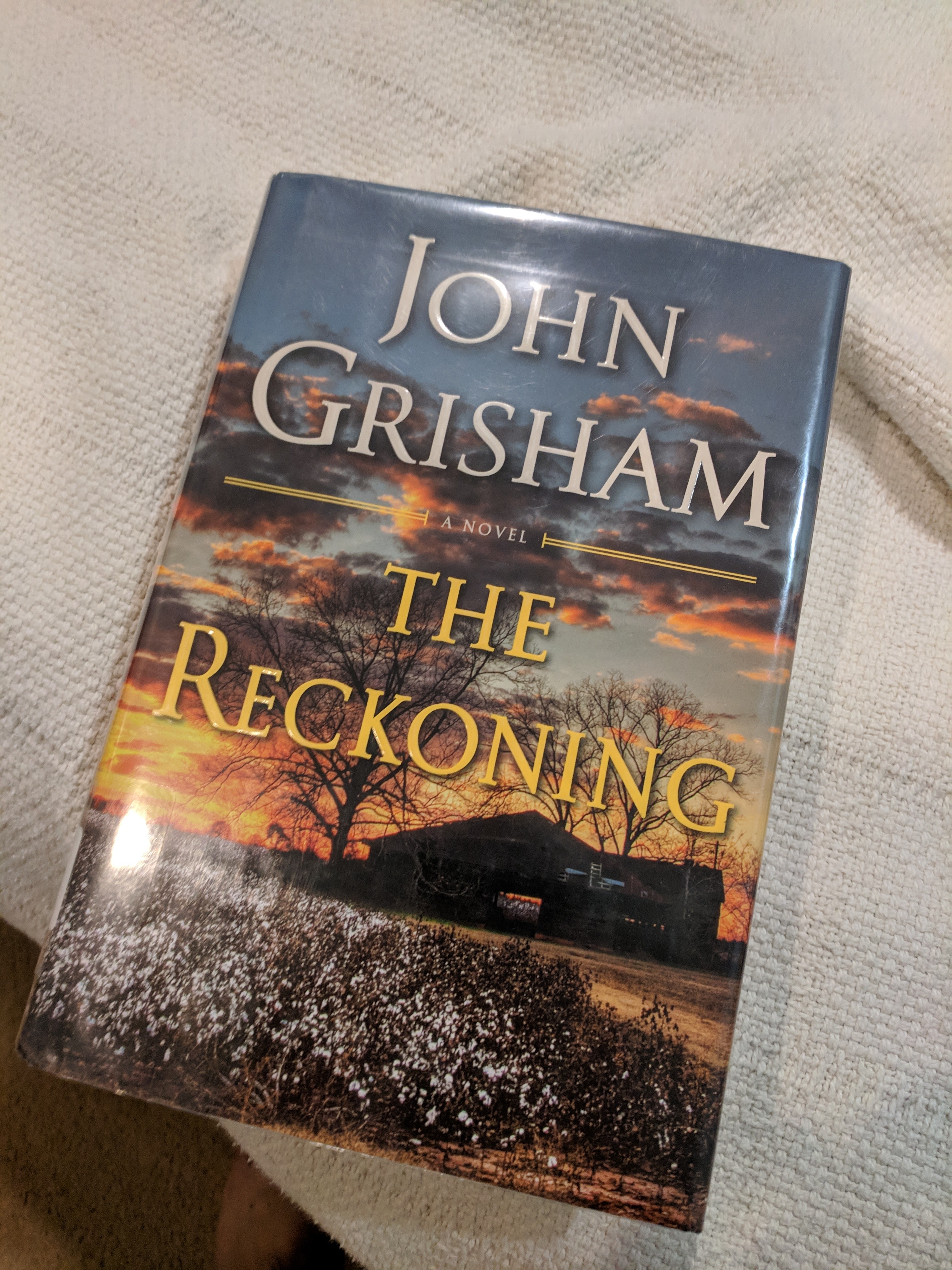
One of the things I truly miss about living in the Bay Area is the easy access to well-stocked public libraries. I get to read new novels and other interesting titles almost as soon as they are off the press, like this latest potboiler from best-selling author John Grisham. The Reckoning is another novel about the law, lawyers, lawbreakers and the eventual triumph and vindication of what is good and just. It is a formula novel. Grisham has essentially the same plot for all his novels. This novel is divided into three parts. And what really got my interest was the second part about “The Boneyard”.
The novel’s main character, Pete Banning, was in the Philippines with the famous 26th Cavalry when war broke out in the Pacific. He was with the Phil-Am USAFFE forces in their gallant last stand in Bataan, an event we celebrate today, April 9th. He was in the infamous Death March from Bataan to San Fernando. He was a prisoner of war in Camp O’Donnell in Capas, where so many of their comrades died of diseases, hunger, or cruelty at the hands of the Japanese soldiers. “The Boneyard” was the name the GIs gave to this POW camp. Then, he was able to escape and joined the guerrillas in Luzon till MacArthur returned to redeem his promise. He came back very much like a conquering hero, almost adored by the Filipinos for being their savior from the feared and hated Japanese. But the novel revealed that he was not that highly regarded among the GIs who felt having been abandoned by him when he fled to Australia.
One thing struck me about the story in the great adulation with which the Filipinos greeted the returning Americans. After four years filled with cruelty, savagery and many senseless deaths at the hands of the Japanese, Filipinos hailed the returning Americans as veritable saviors. I still heard a lot of stories from my parents and grandparents on how cruel and inhuman the Japanese occupiers were and how in contrast benevolent and noble the Americans were.
And yet barely two generations prior to the Second World War, the Americans were just as savage and cruel in their attempt to subjugate and colonize the rebellious Filipinos. Whole villages were razed to the ground. All males of fighting age were summarily executed. People were routinely tortured to give away the insurrectos. What happened in Balangiga, Samar is typical of villages and towns identified with the rebels. One historian estimated that one out of every nine Filipinos perished during the Phil-American War in the early years of the 20th century.
Same thing happened in how we treat the Japanese. One other nation was more hated by the Filipinos after the war than the Japanese. And yet, in just a little over two generations later, every Filipino who wanted to go abroad for a better life had Japan among their top destination of choice. Even today, Japayuki is both a derogatory and an endearing word for a Filipino who has worked or lived in Japan.
And the same thing is happening all over again, this time with our local leaders and politicians. Manu of our woes are are own making, often because of the people we have elected into office. When the hard times hit, we know who are at fault. But all too soon we forget and we never learn. We keep on electing the same corrupt leaders and officials.
April 9th is a holiday in the Philippines. It commemorates the Fall of Bataan. We celebrate the tragedy and never learn its lessons. It is the sorry cycle of our national identity. We just simply never learn. It is our collective tragedy as a people.
